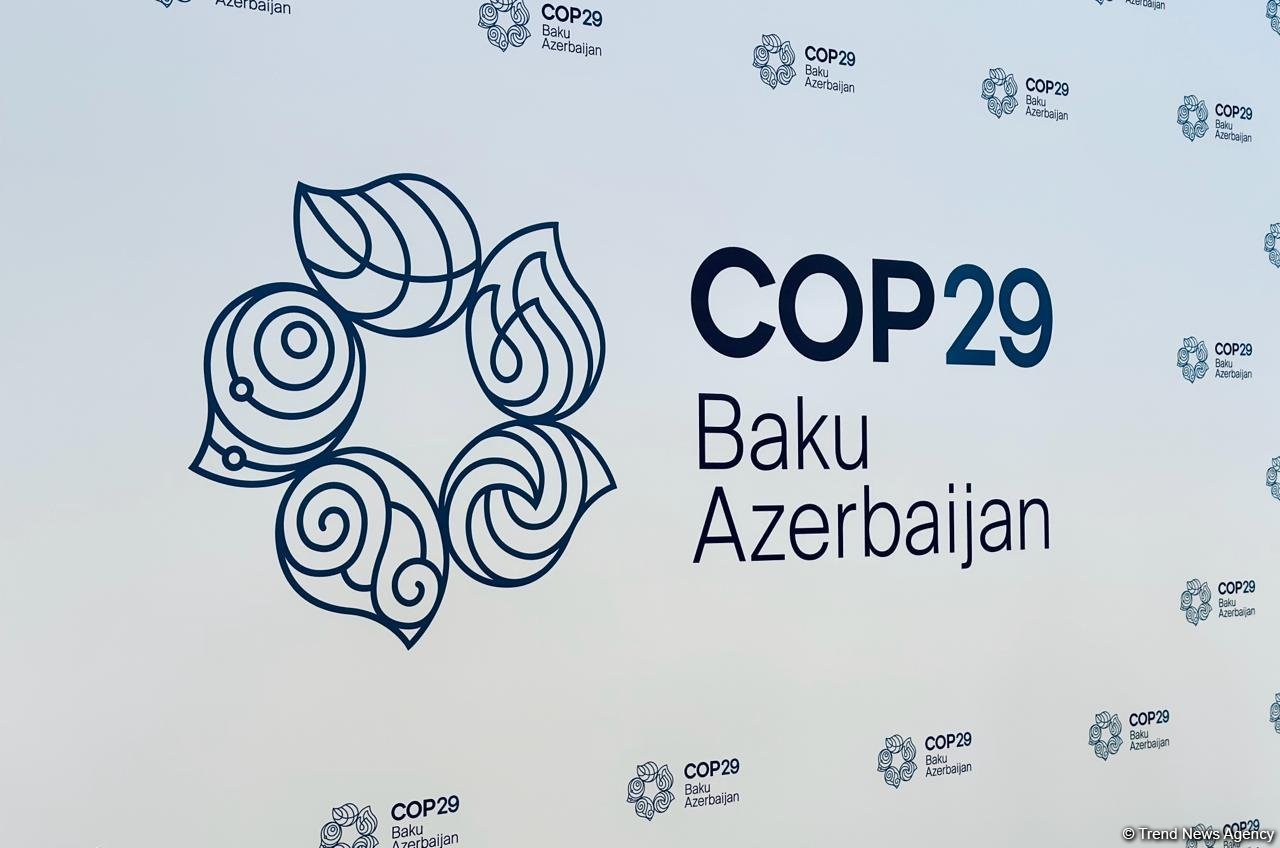BAKU, Azerbaijan, December 9. Azerbaijan's hosting of COP29 has positioned the country as a key player in the global transition to green energy. Through strategic partnerships and a strong commitment to renewables, Azerbaijan is looking to expand its green energy sector while simultaneously deepening its economic ties with major international players in the field.
Azerbaijan’s green energy ambitions
Azerbaijan has long been a key energy producer in the region, but its focus is increasingly shifting toward sustainable alternatives. With abundant renewable resources, particularly in solar and wind energy, the country has the potential to generate over 27 GW of electricity from renewables. The government has set a target to achieve 30% of its electricity from renewable sources by 2030, aligning with global climate goals.
Recent collaborations with Masdar, a prominent renewable energy company, have led to the launch of significant projects. These include the 445 MW Bilasuvar solar PV project, the 315 MW Neftchala Solar PV Project, and the 240 MW Absheron-Garadagh onshore wind project. Combined, these initiatives aim to generate approximately 2.3 billion kWh annually, save over 500 million cubic meters of natural gas, and reduce carbon emissions by more than 1 million tons.
Additionally, Masdar inaugurated Azerbaijan's first utility-scale solar project, the 230 MW Garadagh solar plant, in October 2023. The project is expected to produce 500 million kWh of electricity per year, supporting Azerbaijan’s energy transition goals.
These initiatives are supported by international funding from the European Bank for Reconstruction and Development, the Asian Development Bank, and the Asian Infrastructure Investment Bank. The projects are part of Azerbaijan's broader strategy to position itself as a regional leader in green energy.
Moreover, the green energy corridor initiative, which connects Azerbaijan with Hungary, Romania, Bulgaria, and Georgia, demonstrates the country's commitment to linking its renewable resources to European markets, reinforcing its position as a regional leader in green energy.
The COP29 summit also provided a platform for Azerbaijan, Uzbekistan, and Kazakhstan to solidify their collaboration on a green energy transit initiative. The three countries signed a strategic partnership agreement focused on developing and transmitting renewable energy. This initiative aims to supply clean energy to European and global markets while fostering projects in sustainable hydrogen and ammonia production. A key component of this collaboration is the exploration of a Black Sea submarine power cable, connecting the Caspian and Black Seas into a unified green energy corridor.
This tri-national effort not only reflects a regional commitment to the green transition but also opens avenues for broader international investment in sustainable energy infrastructure, leveraging the strategic importance of the Middle Corridor for global trade and energy flow.
International partnerships: finance and technology
Azerbaijan’s engagement at COP29 brought global recognition for its leadership in fostering international collaborations on green energy. In a recent interview with Trend, President of the Republic of Palau, Surangel Samuel Whipps, congratulated Azerbaijan for hosting the conference, emphasizing the importance of climate finance.

"It created an opportunity for the world to come together. It was a finance COP, it was about raising funds, finally, to get things done. […] What's most important is that we made progress. I want to congratulate the COP29 presidency for being able to deliver a finance COP and providing finance. We need to continue to focus on climate finance. I think the $300 billion is a big step, and we need to recognize that more is needed. We need to continue to be ambitious, and to work together with all parties to continue to advance in these areas," Whipps said.
Azerbaijan's role in facilitating the conversation around climate finance was praised by other international figures. Alkis Vryenios Drakinos, Regional Head of the Caucasus for the European Bank for Reconstruction and Development (EBRD), expressed pride in Azerbaijan’s achievements.

"We are particularly pleased and proud of Azerbaijan for hosting this event," Drakinos said. "I must say that the organization of this COP has been exceptionally smooth, and I extend my congratulations to the organizing committee. Hosting an event of this scale is a significant achievement on the global stage, and it’s something Azerbaijan can take great pride in".
In addition to financial investments, Azerbaijan is keen on collaborating with technologically advanced countries to transfer expertise and green technologies. The establishment of repair and maintenance facilities for high-tech energy equipment in Azerbaijan is part of a broader strategy to strengthen local capabilities. Azerbaijan is also focused on developing its workforce, planning to create specialized educational programs to train the next generation of green energy professionals.
Azerbaijan’s vision for the future
Looking ahead, Azerbaijan’s hosting of COP29 serves as a springboard for future green energy developments. By tapping into global financial and technological resources, Azerbaijan aims to not only diversify its energy sources but also create jobs, foster innovation, and enhance the overall economy. The event also underscored the need for continued international collaboration in addressing the challenges of climate change, and Azerbaijan is poised to be at the forefront of this global effort.
The deepening of Azerbaijan's ties with international green energy leaders through COP29 is just the beginning. Vice-Chancellor of the Federal Republic of Germany, Robert Habeck, emphasized the significance of the COP29 discussions in broadening the scope of energy transitions.

"The innovation here is that COP has traditionally focused on the green transition of the energy market and energy systems. Now, we're expanding the conversation to include entire industries. If you look at the evolution of COP, we've come a long way—from initial discussions to now addressing the greening of materials like steel, concrete, and cement, and setting standards for them".
Azerbaijan’s leadership in hosting this historic event and its ongoing commitment to the green energy transition are sure to have lasting impacts, further positioning the country as a pivotal player in the global energy landscape.







